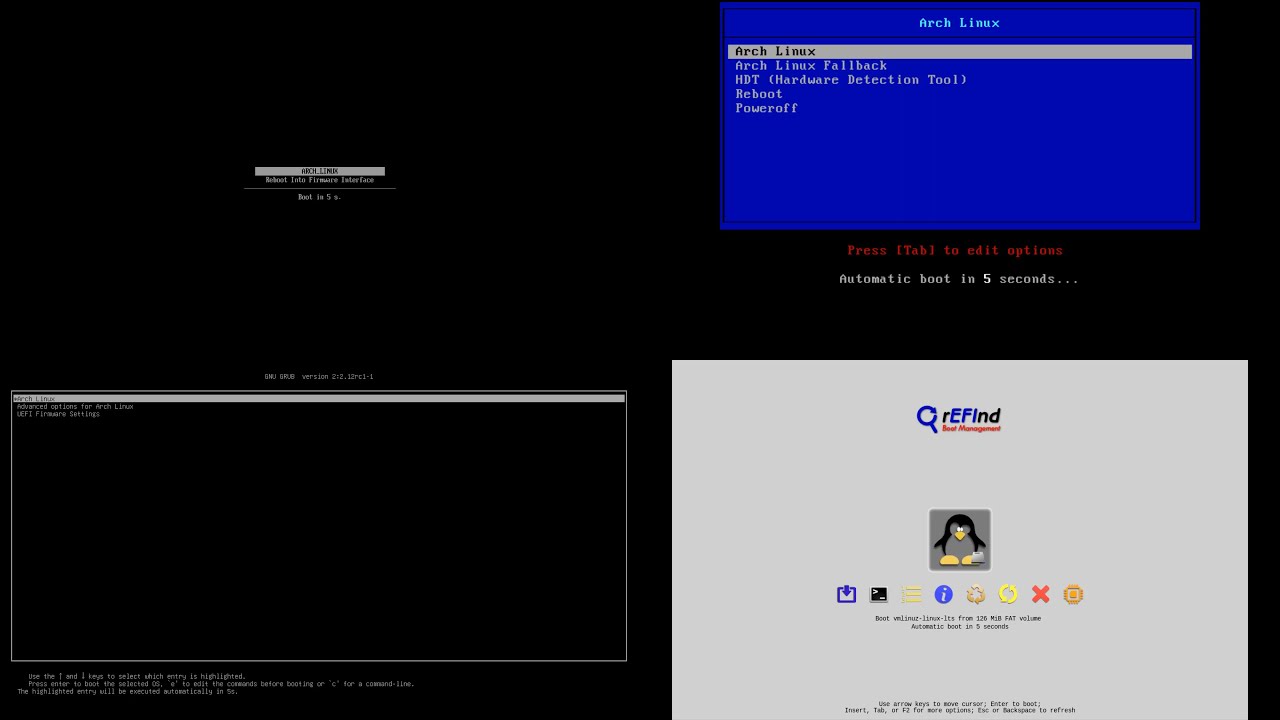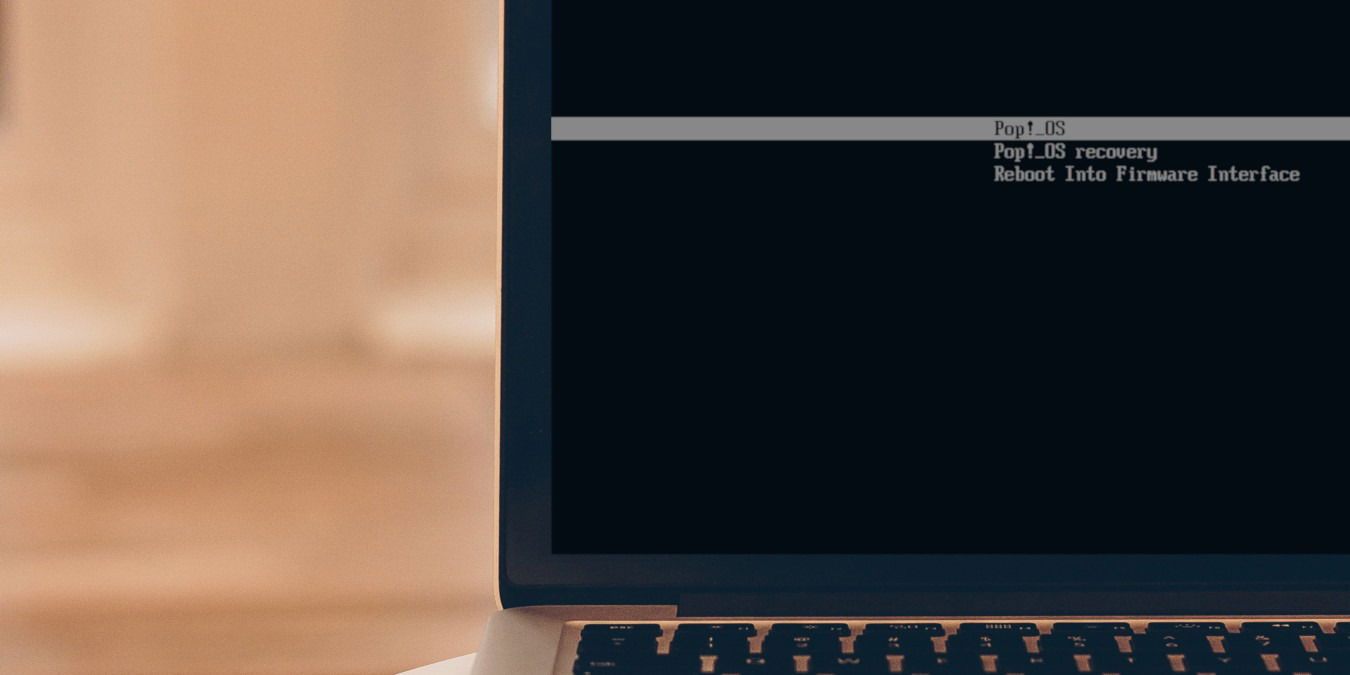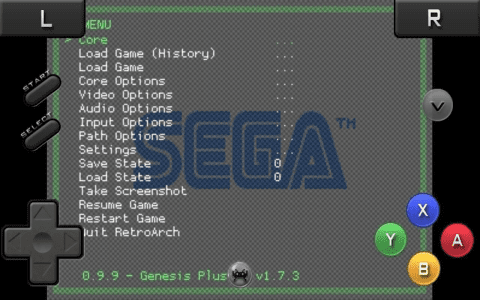Well, let me tell ya something, there’s been a lotta talk ’bout this systemd-boot and Grub thingy lately. Folks wonderin’ which one’s better, and if they really make a difference when bootin’ up their systems. Now, I ain’t no tech expert, but I’ve been around enough to know a thing or two about which one’s easier to work with. So let me tell ya what I think ’bout systemd and Grub based on what I’ve heard and seen.
First off, let’s talk about this thing called Grub. Now, Grub’s been around a long time, and it’s the one most folks use, especially if ya got a system that don’t use UEFI. It’s got a lotta features, but I gotta say, sometimes it feels like ya need a PhD just to get it up and runnin’. Ya gotta fiddle with all these settings, and if somethin’ goes wrong, good luck fixin’ it. Grub lets ya do a lotta fancy things, like dual-bootin’ and changin’ how things start up, but it ain’t exactly simple.


Then there’s this systemd-boot. It ain’t as old, but it’s like a breath of fresh air, lemme tell ya. It’s simple. Real simple. If all ya want is to get your system booted up quick and easy, systemd-boot might just be the answer for ya. Unlike Grub, it don’t come with all them complicated menus and extra features. It just gets straight to the point. You ain’t got to worry about configurin’ a bunch of stuff or messin’ around with scripts. Systemd-boot just loads up your kernel and gets things movin’. That’s it.
One thing I noticed, and mind ya, I ain’t got the most high-tech equipment around, but systemd-boot sure seems faster. It don’t waste no time with unnecessary steps. I switched from Grub to systemd-boot a while ago, and I swear, my system started up quicker. It was faster than Grub by a good 5 seconds or more. Now, I know five seconds don’t sound like much, but when you’re sittin’ there waitin’, it feels like a lifetime. Systemd-boot just cuts right to the chase and gets ya to the login screen faster.
But, I ain’t sayin’ Grub’s all bad. No, no. If ya got some fancy setup, like dual bootin’ with different operating systems or needin’ more control over how things start, Grub’s the one for ya. It can handle all them special cases, but it’s gonna take a bit more effort on your part. You’ll need to tweak it and make sure it’s just right, or else it might not work like ya want. Some folks even say Grub’s more “versatile,” whatever that means. But I reckon it just means it can do more things, and that ain’t always a good thing if ya want somethin’ simple.
Systemd-boot’s got its downsides too, though. If yer system ain’t UEFI-based, forget about it. It ain’t gonna work for ya. So if you got an old machine, or if you ain’t sure ’bout whether your system’s UEFI or not, you might be better off stickin’ with Grub. And, some folks say systemd-boot needs more space on the EFI partition. So if yer hard drive’s real tight, ya might run into some trouble. But if that ain’t an issue, it’s a small price to pay for speed and simplicity.
Now, when it comes to maintainin’ your system, systemd-boot’s easier. Ya don’t gotta worry ‘bout goin’ into the Grub menu every time you add a new kernel or somethin’. Systemd-boot handles all that by itself, and it keeps things nice and tidy. Grub, on the other hand, needs ya to fiddle with it every time ya make a change, and sometimes that can be a real pain.
So, what’s the verdict? Well, if you’re like me and you just want somethin’ that works and don’t need all the fancy bells and whistles, systemd-boot might be the way to go. It’s fast, simple, and it don’t make ya pull your hair out tryin’ to get it right. But if you need more control, or if you’ve got a special setup, Grub’s still the go-to. It’s like this: if you’re just gettin’ started and you don’t need all the fuss, go with systemd-boot. But if you’re a power user, or if you like messin’ around with every little thing, stick with Grub.
And that’s all I gotta say about that. Just remember, whichever one you pick, make sure it’s right for what you need. Ain’t no use usin’ a fancy tool if all you need is a simple job done. And that’s what systemd-boot gives ya—just a simple job done right and quick.
Tags:[systemd-boot, Grub, Linux bootloaders, UEFI, Grub vs systemd, Linux boot manager, systemd speed, Grub configuration, Linux setup]





